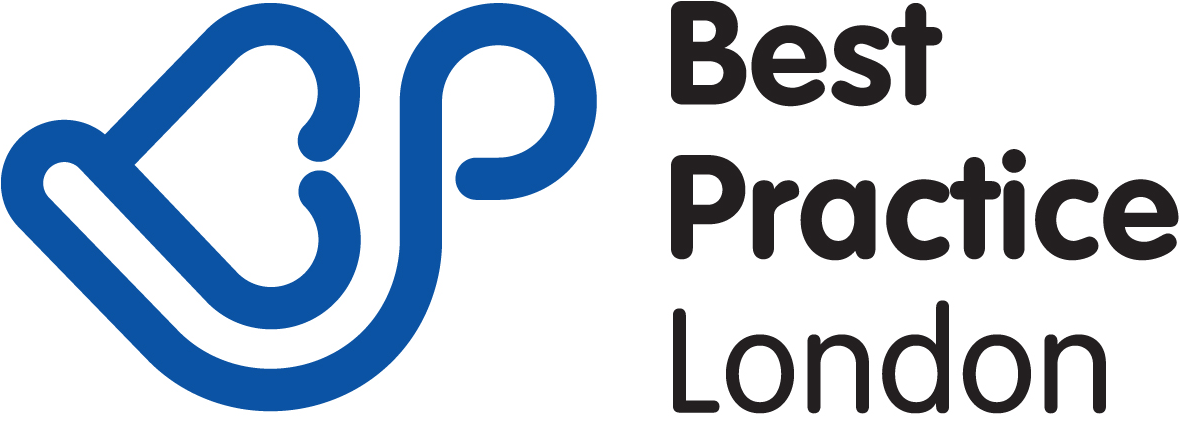Interview with Dr Farnaaz Sharief MBE: The Four Fs of Resilience
)
We are thrilled to have had the opportunity to interview Dr Farnaaz Sharief MBE around her award-winning work on resilience.
Today, we explore her insights on the ‘Four Fs of Resilience’ – a framework designed to empower individuals and highlight the key pillars of resilience: Fuel, Re-Fuel, Form and Focus.
You can hear more from Dr Sharief in the Keynote Theatre at Best Practice London on Thursday 29th February, developing a session on Wellbeing – a practical approach to embedding it in the workplace.
Fuel:
Fuel for our bodies is crucial, yet often overlooked in busy work environments or during emergencies. Despite the simplicity of the concept, many neglect meals and hydration, forgetting that food and water are the sources of our energy. Inadequate fuel affects our resilience and hinders optimal functioning. Emphasizing both the quality and quantity of food is essential, with a general guideline recommending a diet akin to what our great-grandmothers consumed – focusing on fruits, vegetables, and ample water intake of three to four litres daily. Prioritizing these basic needs is fundamental for sustained effectiveness and resilience.
Re-fuel:
How you refuel is about sleep and how we recover from the challenges that we deal with on a daily basis.
Quality sleep is crucial for recovering from daily challenges and directly impacts our ability to function. Many in health and social care struggle with a good night's sleep, often waking up with work-related concerns, making it difficult to return to sleep. Habits like scrolling through phones or engaging in stimulating activities before bed can adversely affect sleep quality. Studies show sleep deprivation leaves individuals vulnerable to attention lapses, reduced cognition, delayed reactions, and mood shifts. To manage stress and fatigue, prioritize both the quality and quantity of sleep. Avoid stimulating activities before bedtime, create an unstimulated, cool, and dark environment to allow the mind to slow down, improving overall sleep quality.
Form:
Form is about our state.
When individuals experience stress, a common response is psychological withdrawal, followed by physical manifestations such as frowning, drooping shoulders, and a hunched posture. In this state, energy flow becomes restricted, contributing to a lower overall energy level. Conversely, positive emotions, like those felt on vacation, result in an upright, energized posture – walking with a bounce, shoulders back, and chin up. A valuable tip for a quick shift from low to high energy is to consciously change your form by ensuring a grounded position, straight spine, palms on thighs, shoulders back, and chin up. This posture promotes readiness to embrace challenges rather than reacting defensively. The connection between body form and breath is crucial; adjusting your breath can rapidly alter your emotional state. Recognizing the breath's influence on emotions and proactively regulating it allows for a proactive response to challenges, fostering resilience and a more constructive approach.
Follow theses links to find a couple of breathing exercises that you can implement into your everyday routine.
Focus:
In times of crisis at work, the natural inclination is to focus on the problems, leading to demotivation and draining energy. To enhance resilience, a proactive approach involves changing your physical form—sit up, straight spine, palms on thighs, shoulders back, chin up—and adjusting your breath to calm the mind and emotions. Next, engage in a brain dump, jotting down all concerns, and then identify and circle what you can realistically influence. This clarity, achieved in a better energy state, allows you to make focused decisions. Whether it's a significant or small task, accomplishing something within your sphere of influence provides a sense of achievement that contributes to an improved emotional state.
Those are the four things I would recommend you think about practising. Even if you pick one and practice it. If you practice that regularly, you'll find that the other three will also happen.
About Dr Farnaaz Sharief:
Farnaaz is a GP, an experienced Medical Director and DISC certified coach with extensive experience in working across organisational boundaries to empower individuals. She is also a Senior Fellow with the Faculty of Medical Leadership and Management. She understands system’s challenges, is passionate about building relationships, transforming teams, and keeping people focused, motivated and moving.
Her clinical acumen, leadership style and solution focused approach has strengthened clinical teams across health and care partnerships and established placed based clinical collaboratives built on mutual trust and respect.
Throughout her extensive career she has developed an in depth understanding of the challenges faced by clinical leaders and delivered a multi-award-winning resilience programme that has seen people improve their psychological well-being, build confidence, and enhance fulfilment in their job roles. This saw her feature on the Queen’s birthday honours list in 2018 and receive a British Citizens Award for healthcare at the House of Lords the year before.
To find out more about Dr Farnaaz Sharief MBE, you can connect with her here – Farnaaz Sharief


